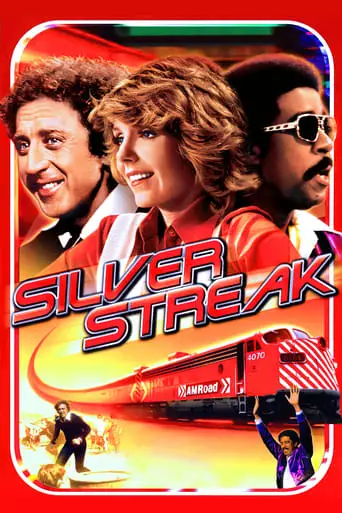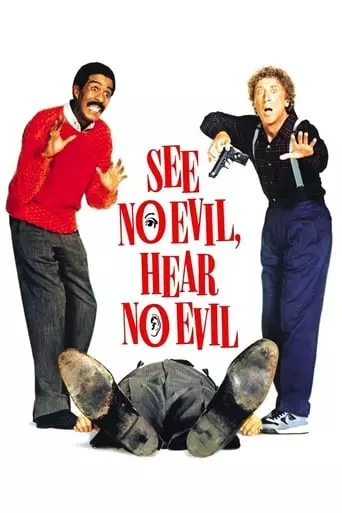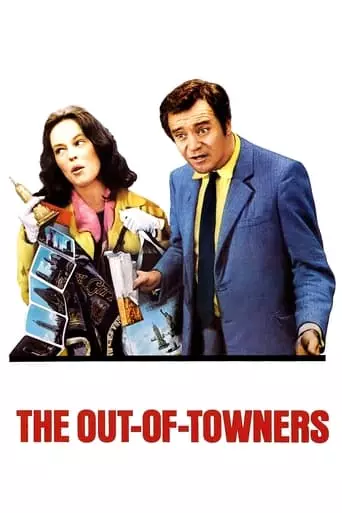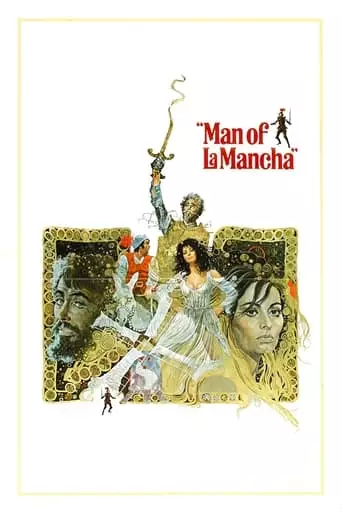A somewhat daffy book editor on a rail trip from Los Angeles to Chicago thinks that he sees a murdered man thrown from the train. When he can find no […]

A somewhat daffy book editor on a rail trip from Los Angeles to Chicago thinks that he sees a murdered man thrown from the train. When he can find no […]

A murder takes place in the shop of David Lyons, a deaf man who fails to hear the gunshot being fired. Outside, blind man Wally Karue hears the shot but […]

George & Gwen Kellerman make a trip to New York, where George is going to start a new job, it turns out to be a trip to hell. The Out-of-Towners […]

In preparation for his daughter’s wedding, dentist Sheldon Kornpett meets Vince Ricardo, the groom’s father. Vince, a manic fellow who claims to be a government agent, then proceeds to drag […]

Harvard Law student Oliver Barrett IV and music student Jennifer Cavilleri share a chemistry they cannot deny – and a love they cannot ignore. Despite their opposite backgrounds, the young […]

In the sixteenth century, Miguel de Cervantes, poet, playwright, and part-time actor, has been arrested, together with his manservant, by the Spanish Inquisition. They are accused of presenting an entertainment […]
Arthur Hiller: The Heartfelt Storyteller of Hollywood
Arthur Hiller was a Canadian-American director whose career spanned over five decades and included some of the most beloved films in Hollywood history. Known for his ability to bring heartfelt, character-driven stories to life, Hiller’s work often explored themes of love, identity, and the human condition. His films ranged from romantic dramas to biting satires, showcasing his versatility and deep understanding of human emotions.
Early Life and Career Beginnings
Arthur Hiller was born on November 22, 1923, in Edmonton, Alberta, Canada. The son of Jewish immigrants, Hiller grew up in a household rich with cultural and intellectual curiosity. He served as a pilot in the Royal Canadian Air Force during World War II before pursuing higher education at the University of Toronto and later at the University of California, Los Angeles (UCLA).
Hiller’s early career began in television during the 1950s, where he directed episodes for popular anthology series like Alfred Hitchcock Presents and Playhouse 90. These experiences honed his storytelling skills and prepared him for the transition to feature filmmaking.
Breakthrough in Film
Hiller’s first major success came with The Americanization of Emily (1964), a satirical anti-war romance starring James Garner and Julie Andrews. The film, written by Paddy Chayefsky, stood out for its sharp wit and poignant commentary on the absurdities of war. Hiller’s deft direction balanced humor and drama, earning the film critical acclaim and establishing him as a director with a keen sense for storytelling.
Career Highlights
Love Story (1970)
Hiller’s most iconic film, Love Story, became a cultural phenomenon upon its release. Starring Ryan O’Neal and Ali MacGraw, the film tells the tragic love story of a young couple from different social backgrounds. The movie’s famous line, “Love means never having to say you’re sorry,” became a part of popular culture.
Despite mixed critical reviews, Love Story was a massive commercial success, earning seven Academy Award nominations, including Best Director for Hiller. Its enduring popularity cemented Hiller’s reputation as a master of emotionally resonant storytelling.
The Hospital (1971)
Reuniting with writer Paddy Chayefsky, Hiller directed The Hospital, a dark satire about the dysfunctions of the American healthcare system. Starring George C. Scott, the film was a critical success, winning an Academy Award for Best Original Screenplay. Hiller’s direction brought out the biting humor and sharp critique inherent in Chayefsky’s script.
Silver Streak (1976)
In the mid-1970s, Hiller showcased his knack for comedy with Silver Streak, a thrilling and humorous caper starring Gene Wilder and Richard Pryor. The film was a box-office hit and marked the first collaboration between Wilder and Pryor, whose chemistry became legendary in subsequent films.
Author! Author! (1982)
Hiller continued to explore the complexities of human relationships with Author! Author!, a semi-autobiographical comedy-drama starring Al Pacino. The film delves into the struggles of a playwright balancing his chaotic personal life with his professional ambitions, showcasing Hiller’s ability to find humor and poignancy in everyday challenges.
A Champion of Filmmakers
In addition to his work as a director, Arthur Hiller was a prominent figure in the film industry’s leadership. He served as the president of the Directors Guild of America (DGA) from 1989 to 1993 and as the president of the Academy of Motion Picture Arts and Sciences (AMPAS) from 1993 to 1997.
Hiller’s tenure in these roles was marked by his advocacy for creative freedom and his efforts to support emerging filmmakers. He was deeply committed to fostering a sense of community within the film industry, earning the respect and admiration of his peers.
Style and Legacy
Arthur Hiller’s films are characterized by:
Emotional Authenticity: Hiller had a unique ability to capture the nuances of human relationships, making his stories relatable and deeply affecting.
Genre Versatility: From romance and drama to satire and comedy, Hiller’s work spanned a wide range of genres, reflecting his adaptability as a director.
Collaborative Spirit: Hiller worked closely with some of the finest writers, including Paddy Chayefsky and Neil Simon, to bring their visions to life with integrity and sensitivity.
While not always celebrated as an auteur, Hiller’s films resonate for their sincerity and timeless appeal. His work reflects a deep empathy for his characters and an unwavering commitment to storytelling.
Later Years and Honors
Hiller continued directing into the 1990s, with films like Taking Care of Business (1990) and The Babe (1992). In recognition of his contributions to cinema, he received numerous accolades, including the Jean Hersholt Humanitarian Award from the Academy of Motion Picture Arts and Sciences in 2002.
Arthur Hiller passed away on August 17, 2016, at the age of 92. His death marked the end of a remarkable career that left a lasting impact on Hollywood and its audiences.
Conclusion
Arthur Hiller’s legacy lies in his ability to tell stories that touched the hearts of millions. From the tear-jerking romance of Love Story to the sharp satire of The Hospital, his films remain a testament to the power of cinema to explore the human experience.
Hiller’s work, both on and off the screen, reflects his dedication to the art of filmmaking and his enduring belief in the importance of empathy, collaboration, and creativity. For audiences and filmmakers alike, Arthur Hiller will always be remembered as a storyteller who brought humanity and heart to Hollywood.